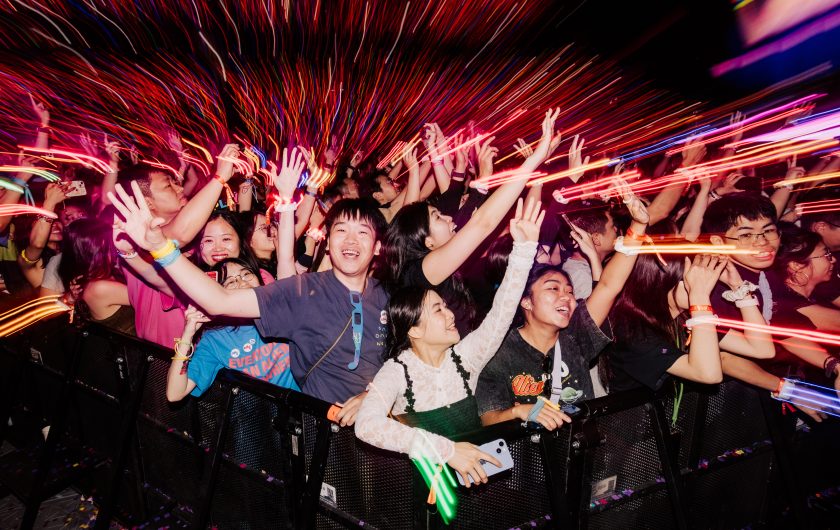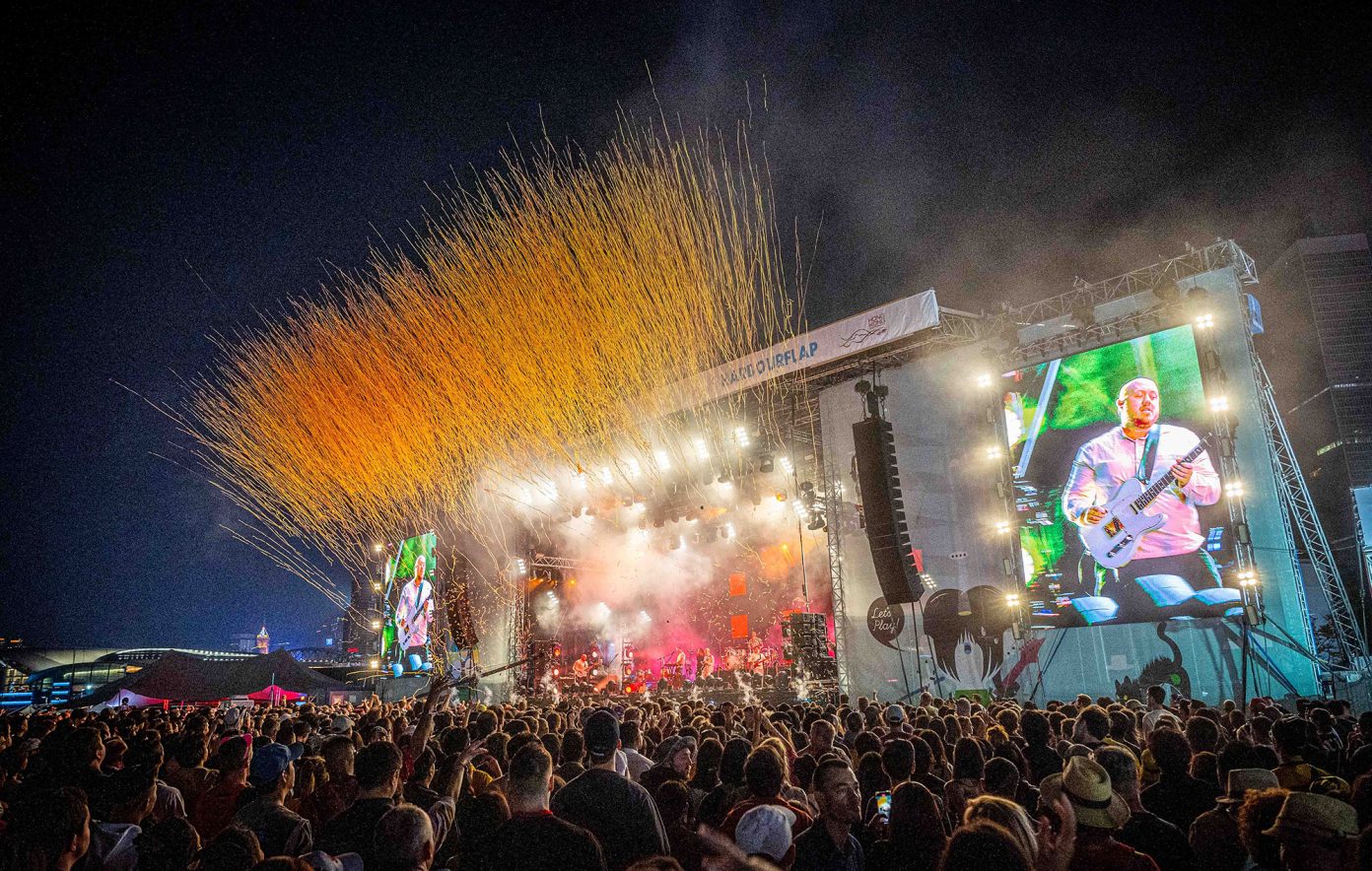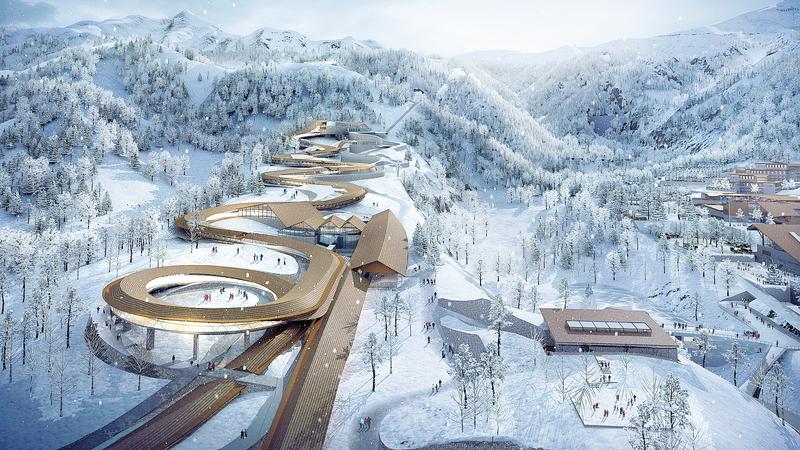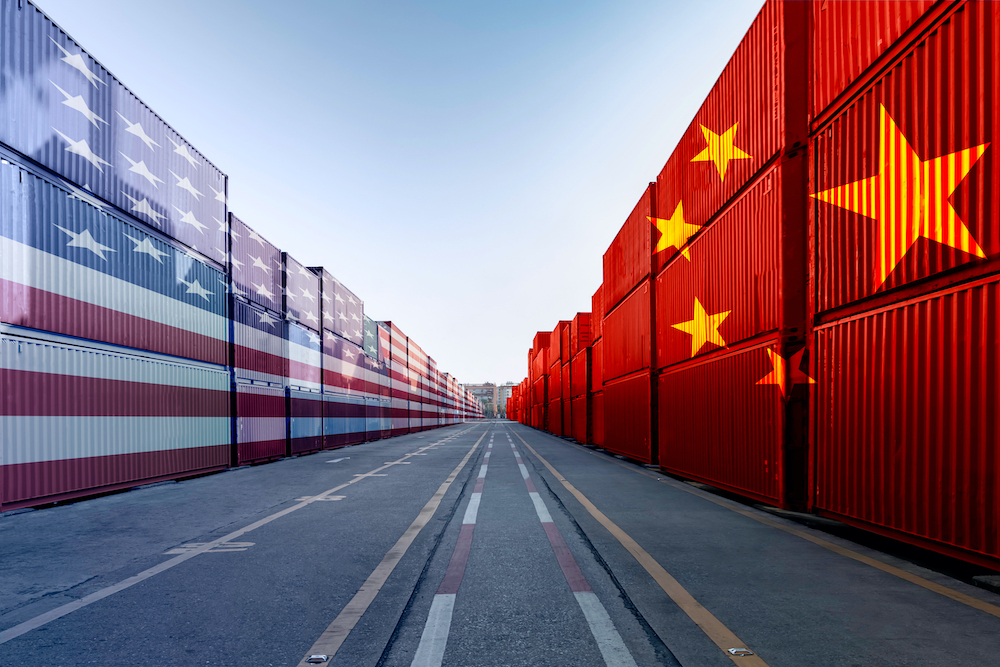THE HKSAR Government is making strategic moves to solidify the city’s status as Asia’s premier destination for mega events.
Kai Tak Sports Park (KTSP) has already attracted world-class concerts such as Coldplay and BlackPink, sporting events such as Snooker Grand Prix and our very own Hong Kong Sevens.
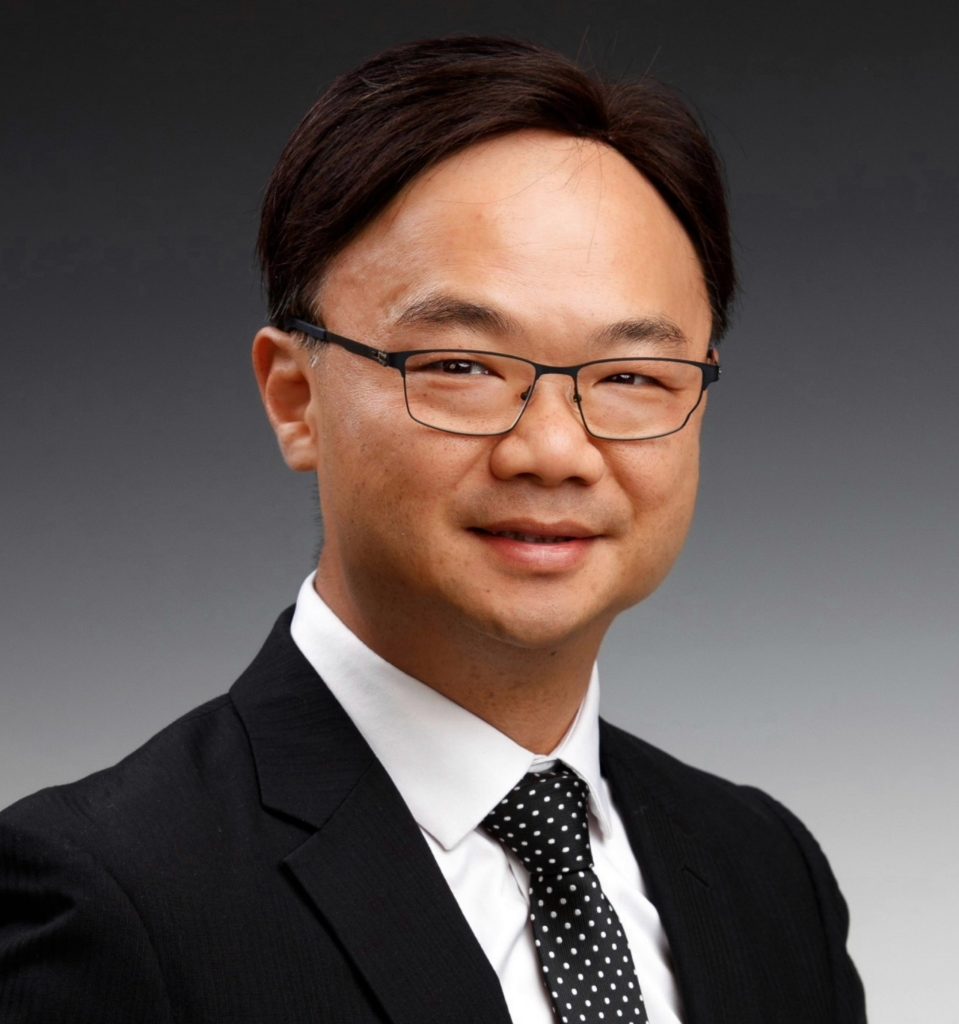
Mega-event organisers are eyeing Hong Kong as a destination because the KTSP’s capacity can now justify their investment in hosting events, according to Rosanna Law, the Secretary for Culture, Tourism and Sports.
Hong Kong’s post-pandemic recovery hinges on revitalising tourism and stimulating local consumption. Mega events – from concerts to exhibitions, to sporting events – have already proven their worth.
Michael Wong, deputy financial secretary of the HKSAR government, estimates that events in the first half of 2025 will draw about 840,000 tourists, a year-on-year increase of over 50 per cent.
This is expected to result in HK$3.3 billion (about USD42bn) in consumer spending and HK$1.8 billion in economic added value.
We Need a Centralised Mega Events Office
Secretary Wong currently chairs the Mega Events Coordination Group, which oversees cross-departmental efforts to attract and support major events. At the promotional level, the Hong Kong Tourism Board has established the Mega Events Development and Advancement Division which serves as the first point of contact for event organisers.
These are steps in the right direction. However, it is unclear whether the remit of this division includes helping event organisers navigate the challenges of running their events locally, or proactively looking at ways to maximise the commercial value of these mega events to generate additional consumer spending or extending the average traveller’s stay in Hong Kong.
Backgrounder… HKTB overview enters mega-event era
Research by the Our Hong Kong Foundation, a local think tank, has also critiqued the SAR government’s current approach as being relatively passive and lacking a systematic strategy to attract global event organisers.
Foundation vice-president Kenny Shui Chi-wai proposed building on the existing Mega Events Coordination Group by transforming it into a permanent Mega Events Office. This office could strategically plan the event calendar, streamline costs, and optimise venue utilisation, allowing for quicker adjustments and better coordination with stakeholders.
The Chill of Cancelling
Global event organisers may face concerns when they see headlines about high-profile events in Hong Kong cancelled due to “reasons beyond our control”, last-minute venue issues, logistical or licensing roadblocks.
Reports surrounding the electronic dance-music festival Creamfields Hong Kong 2025 or the Digital Art Fair send a chilling message: even the most meticulously planned events can unravel due to challenges that they may not have experienced in other cities. This is why Hong Kong needs a one-stop-shop Mega Events Office to provide global event organisers with peace of mind.
A powerful, centralised office would serve as a trusted partner, navigating the city’s regulatory complexities and streamlining approvals across departments.
More… HK organisers ask: What’s so ‘mega’ about Dior and Chubby Hearts?
This office should take a holistic approach to developing both the infrastructure (hardware) and the expertise (software) required to establish Hong Kong as a truly recognised events capital of Asia. While the opening of the Kai Tak Sports Park has added significant capacity to host global events, the focus should be on how to use our facilities to maximise Hong Kong’s capacity to host mega events.
On the software side, the recent World Grand Prix Snooker Championship at Kai Tak highlighted critical gaps in operational planning. There was a major scheduling misstep in hosting a match at 10pm despite the venue’s midnight curfew.
Cases such as these show how Hong Kong is lacking a certain software in the form of experienced event management professionals.
Hospitality sector
Recognising the significant impact that concerts and sporting events have on the hospitality sector, this office should prioritise enhancing the overall event experience for visitors.
Many concertgoers travel to Hong Kong solely for the show and leave shortly after. While these travellers currently contribute little to Hong Kong’s broader tourism sector, a well-crafted strategy could transform their visit into a more immersive and rewarding experience.
What if there were compelling reasons for them to extend their stay? Understanding their preferences and delivering tailored products or services could unlock this untapped potential.
The MICE factor
The concept of event spillover revolves around extending visitor stays in Hong Kong by aligning activities surrounding conferences, incentives and exhibitions with major concerts or sporting events.
For instance, prior to the Covid-19 pandemic, the CORNET Global Asia Pacific Summit, an international corporate real estate association event, was scheduled before or after the Hong Kong Sevens. This approach appealed to MICE participants, many of whom were rugby fans already planning to attend the Sevens.
From the Archive… Red-tape killed Mega-Events Fund – but we are really to blame
As a result, these extended visits not only enhanced their event experience but also boost spending, as MICE participants typically spend more than regular tourists.
To maximise the economic potential of such synergies, there must be a central authority to coordinate these efforts. The Mega Events Development Office would be the ideal entity to take charge.
A dedicated Mega Events Office, equipped with clear KPIs, streamlined processes, and a strong mandate to drive economic impact, would ensure the city moves beyond simply hosting events to strategically capitalising on their benefits.
Roy Ying is a former professional conference organiser who lectures in event management and marketing at Hang Seng University of Hong Kong
Main picture: a section of the crowd at one of the Coldplay concerts at Kai Tak Sports Stadium in April
